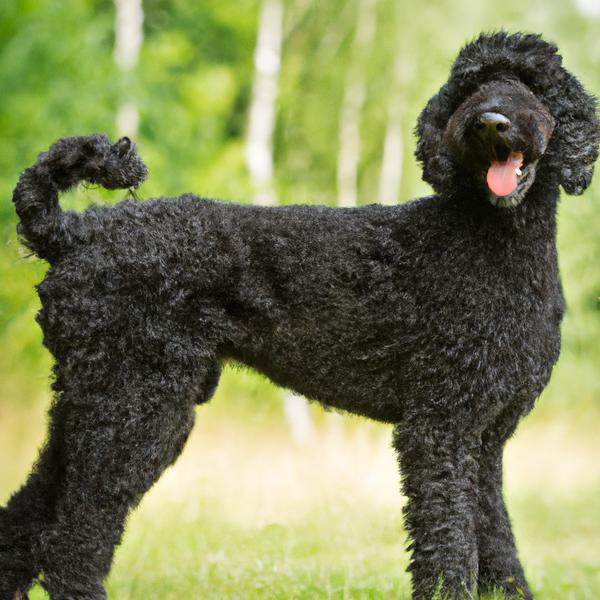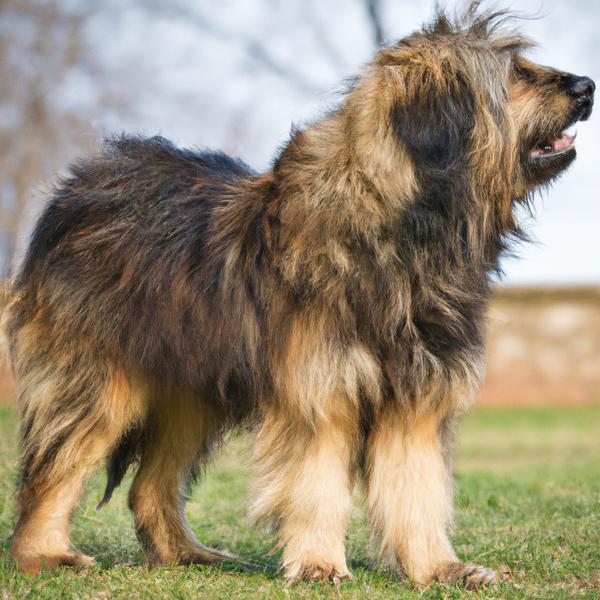Curly Coated Retriever vs. Tibetan Wolfhound: Breed Differences and Similarities
Hypoallergenic
Are Curly Coated Retrievers or Tibetan Wolfhounds hypoallergenic, or neither?
Unfortunately, neither Curly Coated Retriever nor Tibetan Wolfhound are hypoallergenic, which may not make them the best choice for dog lovers who suffer from pet allergies.
Watchdog Ability
Which dog breed makes a better watchdog, the Curly Coated Retriever or Tibetan Wolfhound?
Curly Coated Retrievers aren't great guard dogs; they tend to just watch without taking action.
Choose a Tibetan Wolfhound if you want a top-notch watchdog. This breed takes guarding seriously, and may not require much training, though obedience or guard dog training can improve their skills.
Ancestry
What are the origins of Curly Coated Retriever and Tibetan Wolfhound breeds?
Spaniels, St. John’s Water Dog, Retrieving Setters, Poodles
Irish Wolfhound and Tibetan Mastiff
Date of Birth
When were Curly Coated Retriever and Tibetan Wolfhound breeds first developed?
1700s
Unknown
Eye Color Possibilites
What are the eye colors of Curly Coated Retriever and Tibetan Wolfhound dogs?
Hazel
Brown
Brown
Nose Color Possibilites
What are the natural nose colors of Curly Coated Retriever and Tibetan Wolfhound?
Black
Brown
Black
Coat Color Possibilites
What are the natural colors of the coat for Curly Coated Retriever and Tibetan Wolfhound breeds?
Black
Brown
Gray
Black
Fawn
Coat Length
What is the typical coat length for Curly Coated Retriever and Tibetan Wolfhound breeds?
The coat of Curly Coated Retriever and Tibetan Wolfhound dogs falls in the medium-length category.
Coat Density
What is the density of the coat of Curly Coated Retriever and Tibetan Wolfhound?
Coat Texture
What is the hair texture of Curly Coated Retriever and Tibetan Wolfhound?
Curly
Wiry
Litter Size
What is the usual litter size for Curly Coated Retriever and Tibetan Wolfhound?
A Curly Coated Retriever can have a litter of 9-14 puppies on average. However, it's worth noting that the size of the litters can vary greatly. Factors that can influence litter size include the health of the mother, breeding history, and genetics.
A Tibetan Wolfhound can have a litter of 5-12 puppies on average. However, it's worth noting that the size of the litters can vary greatly. Factors that can influence litter size include the health of the mother, breeding history, and genetics.
Major Concerns
What are the major health concerns for Curly Coated Retriever and Tibetan Wolfhound breeds?
Glycogen Storage Disease
Progressive Retinal Atrophy
Hip And Elbow Dysplasia
Bloat
Cancer
Elbow Dysplasia
Hip Dysplasia
Osteochondritis Dissecans
Progressive Retinal Atrophy (PRA)
Liver Shunts
Gastric Dilation Volvulus (GDV) or Bloat
Minor Concerns
What minor health issues should be kept in mind when owning Curly Coated Retriever and Tibetan Wolfhound?
Entropion
Distichiasis
Ectropion
Persistent Pupillary Membrane
Alopecia
Ear Infections
Skin Problems
Anesthesia Sensitivity/Allergy
Occasional Tests
What occasional tests are recommended for Curly Coated Retriever and Tibetan Wolfhound breeds?
X-Rays
Eye Examination
X-Rays
Skin Evaluation
Blood Analysis
Full Body Physical Examination especially of the joints
Energy
How do the energy levels of Curly Coated Retrievers and Tibetan Wolfhounds compare?
Curly Coated Retrievers are a good choice for a low-key lifestyle due to their low energy levels.
Tibetan Wolfhounds are suitable for those with a balanced lifestyle as they have an average energy level.
Exercise Needed
Curly Coated Retriever vs Tibetan Wolfhound exercise need comparison.
Curly Coated Retrievers need only a small amount of physical activity, ideal for busy or elderly people or those with limited space.
Tibetan Wolfhounds require significant physical activity and suit those with an active lifestyle.
Tendency to Bark
Do Curly Coated Retrievers or Tibetan Wolfhounds bark more/less frequently?
Curly Coated Retrievers bark moderately when necessary and may also bark due to certain triggers like fear, alarm, boredom, greeting, separation anxiety and compulsive barking.
The Tibetan Wolfhound is a vocal breed that frequently barks and howls, and may not be suitable for those seeking a quiet companion.
Activity Level
Which breed has higher energy, Curly Coated Retrievers or Tibetan Wolfhounds?
Curly Coated Retrievers are high-energy dogs. They need mental as well as physical exercise. These dogs require a lot of your involvement and without it they can, and will, become problematic dogs.
Tibetan Wolfhounds are low-energy dogs. This breed make a great companion for a relatively inactive person. Tibetan Wolfhound dogs require a few short daily walks, and then they're happy snuggling next to you for the rest of the day.
Walks per Week
How many miles should Curly Coated Retriever or Tibetan Wolfhound walk each week?
There's really no limit to how far you walk your dog as long as they're comfortable. For Curly Coated Retriever, it's at least 14 miles / week. Just remember to build distance and stamina gradually over time.
There's really no limit to how far you walk your dog as long as they're comfortable. For Tibetan Wolfhound, it's at least 7 miles / week. Just remember to build distance and stamina gradually over time.
Activity per Day
Do Curly Coated Retrievers or Tibetan Wolfhounds require more exercise?
In general most Curly Coated Retrievers usually need at least 90 minutes of exercise daily. This can be spread across the day and include all sorts of high-energy activities, like walking, running and playing.
In general most Tibetan Wolfhounds usually need at least 45 minutes of exercise daily. This can be spread across the day and include all sorts of high-energy activities, like walking, running and playing.
Grooming
Which breed is easier to maintain in terms of grooming, Curly Coated Retrievers or Tibetan Wolfhounds?
The Curly Coated Retriever has low grooming needs and is easy to maintain.
The Tibetan Wolfhound requires an average amount of grooming compared to other breeds.
Brushing Frequency
What is the recommended brushing frequency for Curly Coated Retriever and Tibetan Wolfhound dogs?
In general Curly Coated Retriever should be brushed at least once a month. Of course you can give them more frequent brushes, especially if they enjoyed it
Tibetan Wolfhound should be brushed at least once a week. Of course you can give them more frequent brushes if you find that they are still shedding a lot
Brushing Tools
What brushing tools are used for Curly Coated Retrievers and Tibetan Wolfhounds?
Slicker Brush
Comb
Deshedder
Nail Clipper
Pin Brush
Comb
Nail Clipper
Cups
How much food should be given to Curly Coated Retriever or Tibetan Wolfhound in cups?
For an average 80-100 pound (36 - 45 kg) Curly Coated Retriever feed 3.5 cups daily. But, keep in mind, the amount you feed is going to be dependent on the quality of the food you are feeding.
For an average 160-180 pound (73 - 82 kg) Tibetan Wolfhound feed 4 cups daily. But, keep in mind, the amount you feed is going to be dependent on the quality of the food you are feeding.
Daily Cost
Which breed has a higher daily cost, Curly Coated Retriever or Tibetan Wolfhound?
Curly Coated Retriever and Tibetan Wolfhound have a similar average daily cost of around $3.90 - $4.20.
Monthly Cost
Which breed has a higher monthly cost, Curly Coated Retriever or Tibetan Wolfhound?
When it comes to monthly expenses, both Curly Coated Retriever and Tibetan Wolfhound have a similar average cost, ranging from $112 - $126. This results in an average yearly cost of around $1344 - $1512.
Intelligence
Comparing Intelligence: Curly Coated Retrievers vs Tibetan Wolfhounds
Curly Coated Retrievers are average in obedience intelligence but have a high IQ and may cause trouble if left unsupervised.
Tibetan Wolfhound has below average obedience intelligence, but they excel in understanding human emotions.
Affection Dependance
Which is the more affectionate dog breed: Curly Coated Retriever vs Tibetan Wolfhound?
Dog Friendly
Which breed is more sociable with other dogs: Curly Coated Retriever or Tibetan Wolfhound?
Curly Coated Retrievers are not dog-friendly.
Tibetan Wolfhounds are friendly and active companions, and can be good family pets, though their friendliness towards other dogs may vary.
Playfulness
Which breed is more playful between Curly Coated Retriever and Tibetan Wolfhound?
Curly Coated Retrievers are not known for being a highly playful breed.
Tibetan Wolfhounds have an average level of playfulness, enjoying playtime like most dogs but not excessively so.
Trainability
How do the trainability levels of Curly Coated Retrievers and Tibetan Wolfhounds compare?
The Curly Coated Retriever is highly intelligent and eager to please, making it a great choice for both novice and experienced dog owners due to its easy trainability.
Tibetan Wolfhounds are usually easy to train but require consistency to fully obey commands.
Compare Curly Coated Retriever with other breeds
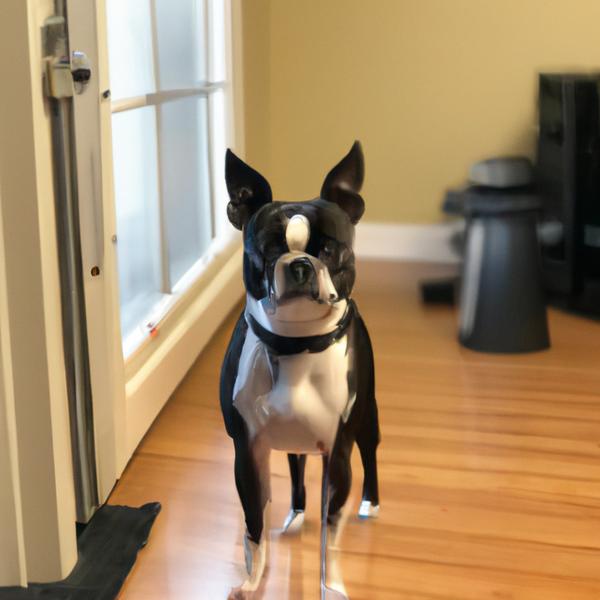
Boston Huahua
Curly Coated Retriever vs Boston Huahua
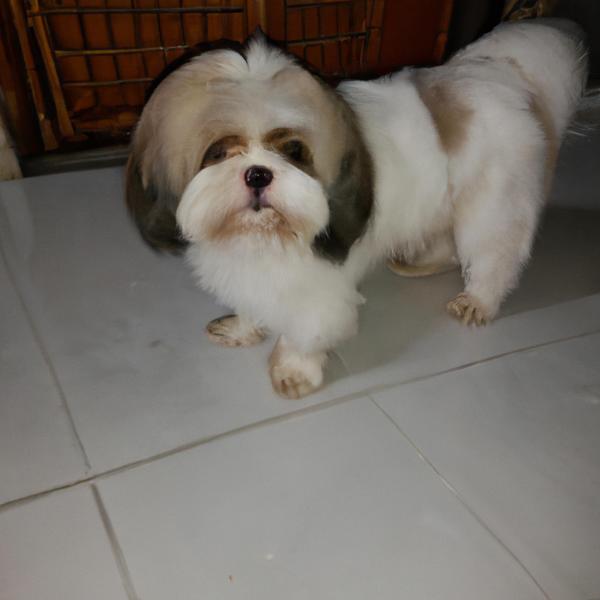
Malchi
Curly Coated Retriever vs Malchi
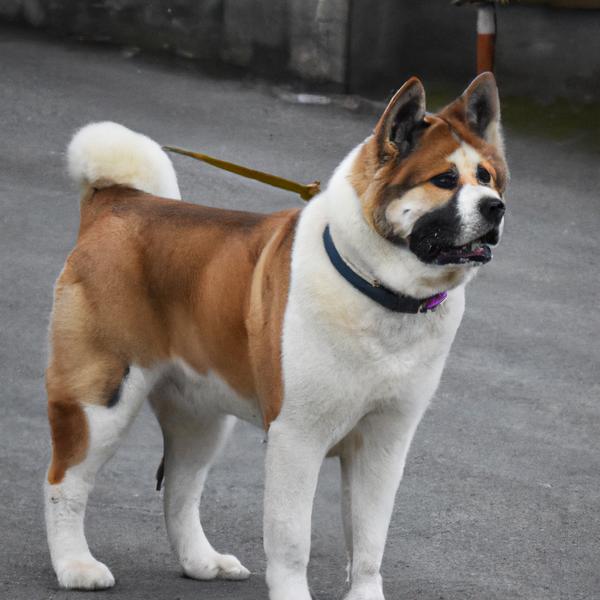
Bullkita
Curly Coated Retriever vs Bullkita
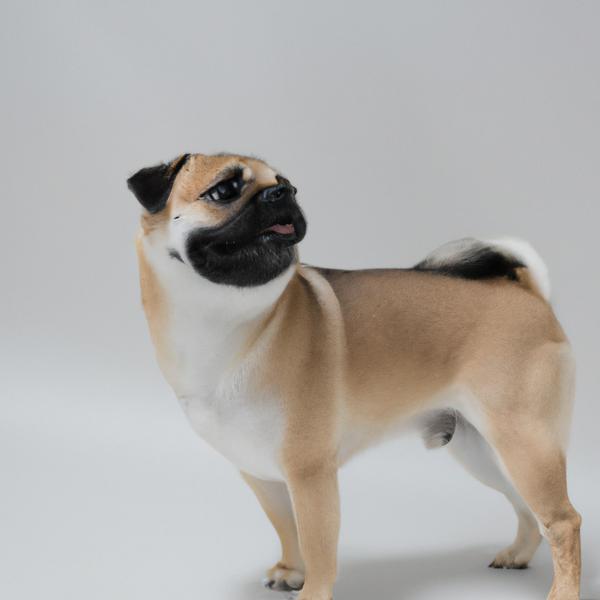
Pug Shiba
Curly Coated Retriever vs Pug Shiba
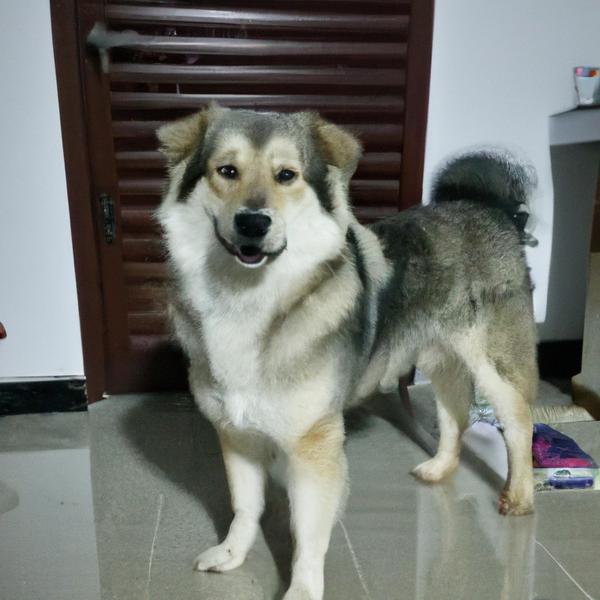
Nekita
Curly Coated Retriever vs Nekita
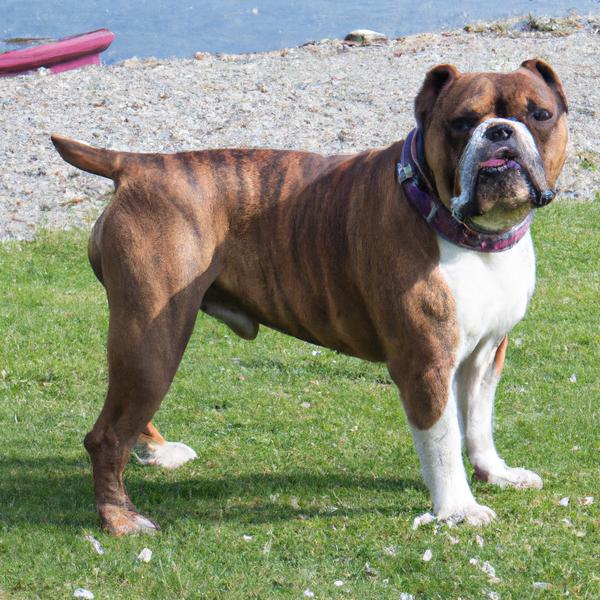
Bulloxer
Curly Coated Retriever vs Bulloxer
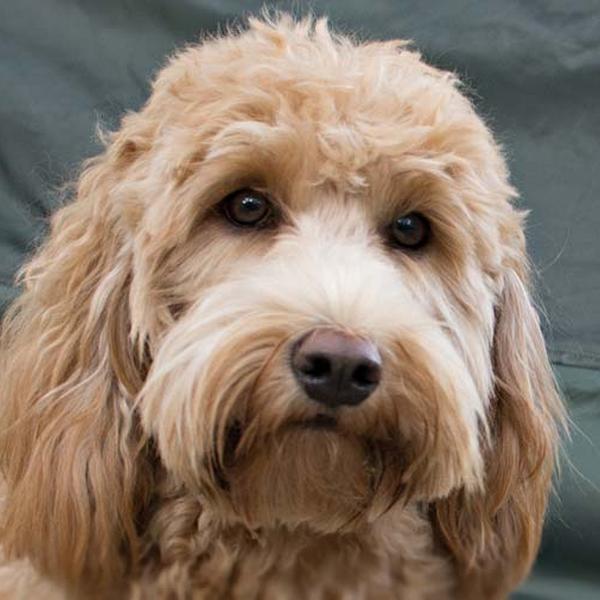
Double Doodle
Curly Coated Retriever vs Double Doodle
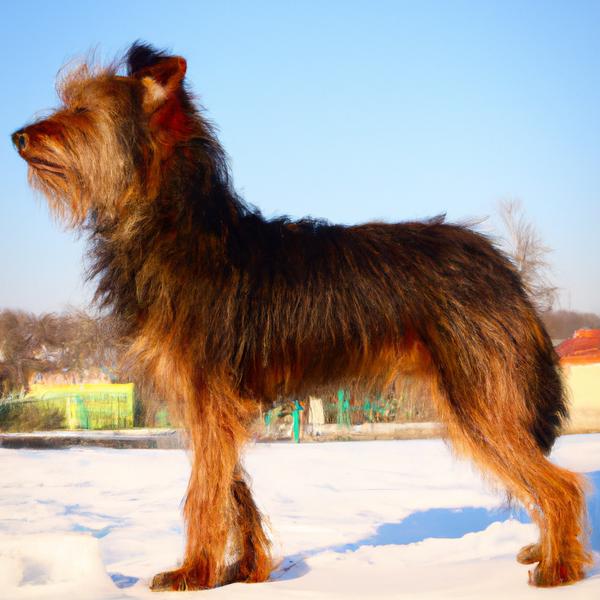
Dashalier
Curly Coated Retriever vs Dashalier
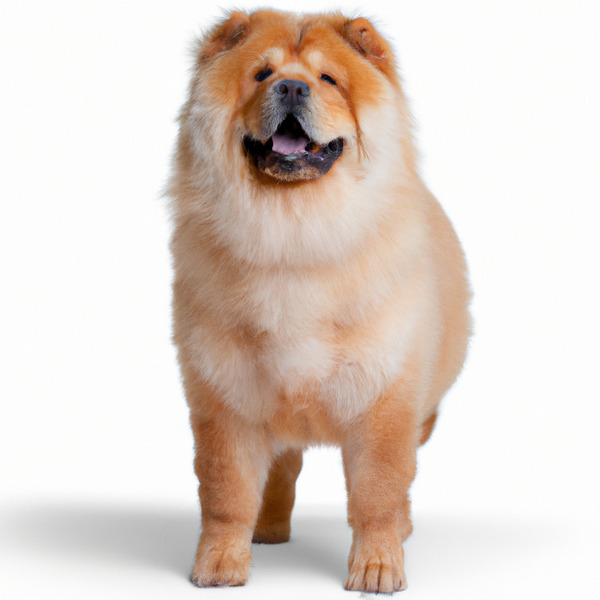
Shiranian
Curly Coated Retriever vs Shiranian
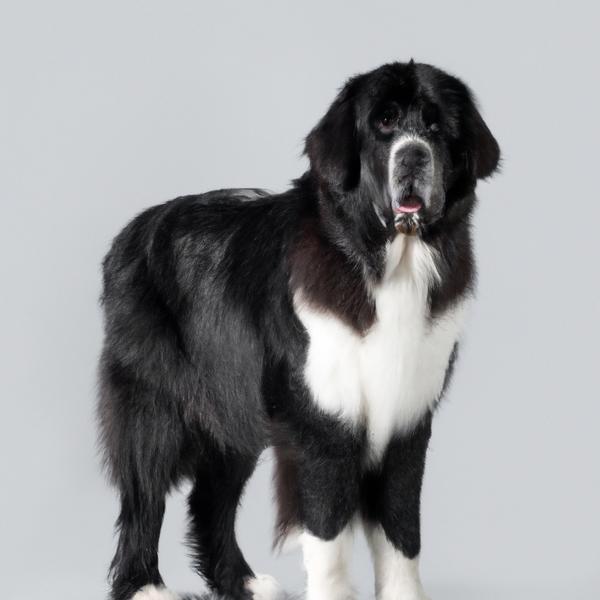
Border Newfie
Curly Coated Retriever vs Border Newfie
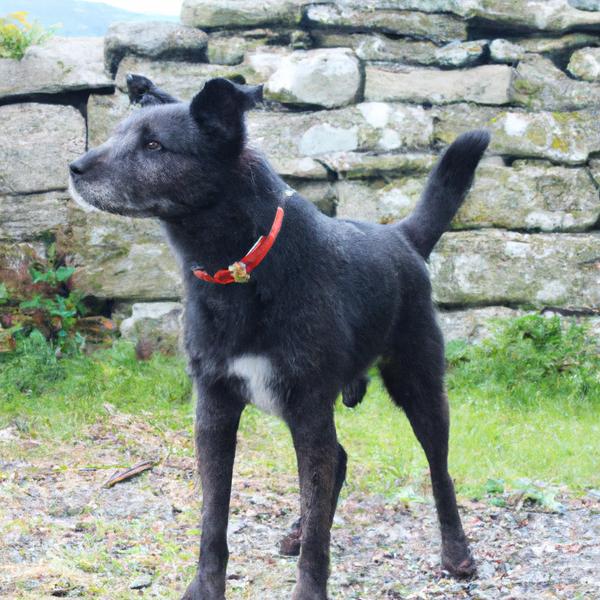
Patterdale Shepherd
Curly Coated Retriever vs Patterdale Shepherd
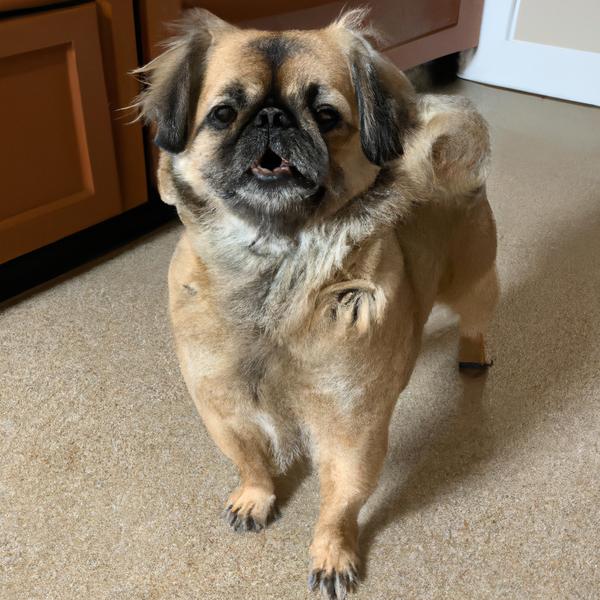
Tibetan Pug
Curly Coated Retriever vs Tibetan Pug
